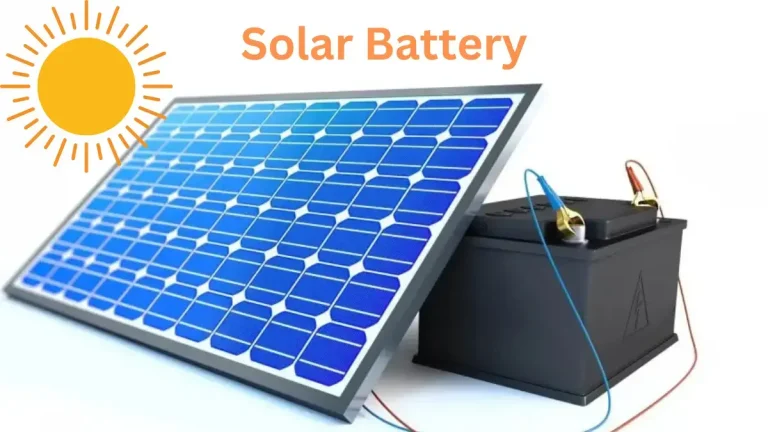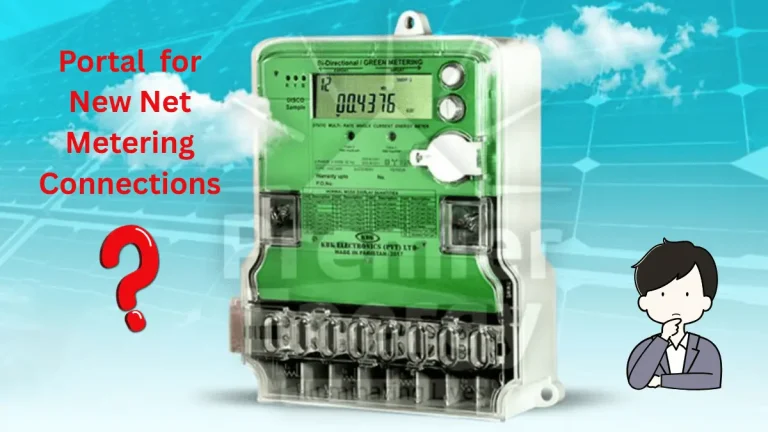
New Solar Net Metering Rules and a Buyback Plan
ISLAMABAD: The government has to introduce new solar net metering rules and a buyback plan. Previously, the buyback rates were 27 Rs per unit. According to new regulations, the DISCOs now pay Rs 10 per unit to solar net meter owners. This decision was made during a meeting held between officials from the power ministry and other stakeholders. A few days ago, Prime Minister Shahbaz Sharif discouraged this decision and provided some relief to the suffering public of Pakistan.
- Solar Panel Price in Pakistan
- Online Portal for New Net Metering Connections
- 250 Watt Solar Panel Price in Pakistan
Zero-Bill Facility
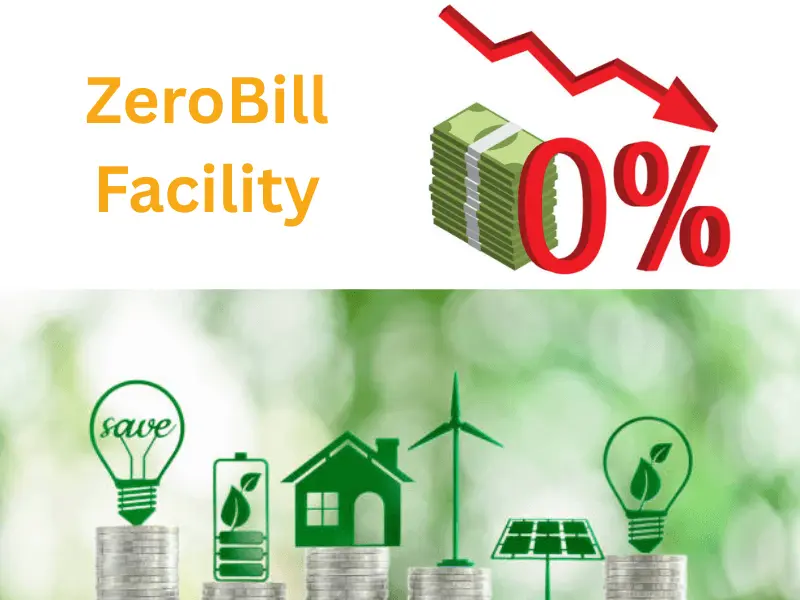
According to the revised plan, the government has ended the zero bill facility for solar net metering consumers by offering new measures. Furthermore, a new load limit sanctioned has been announced for solar installation, which decreases the installation capacity from 1.5x to 1.0x for solar users, which means they are enforcing them to install a hybrid system, which is made up of lithium batteries and is too costly as well.
Net Metering and Net Billing Policy
According to the new plan, the concept of net billing has been introduced, which means the exchange of electricity units will end, and the DISCOs will pay a cash payment to solar users in terms of the surplus amount of electricity at new rates. The abolishment of the quarterly credit billing system, while introducing the monthly cash payment system, will reduce the benefits of solar systems for solar panel owners. And the contract period for the net metering license has been reduced from 7 to 5 years.
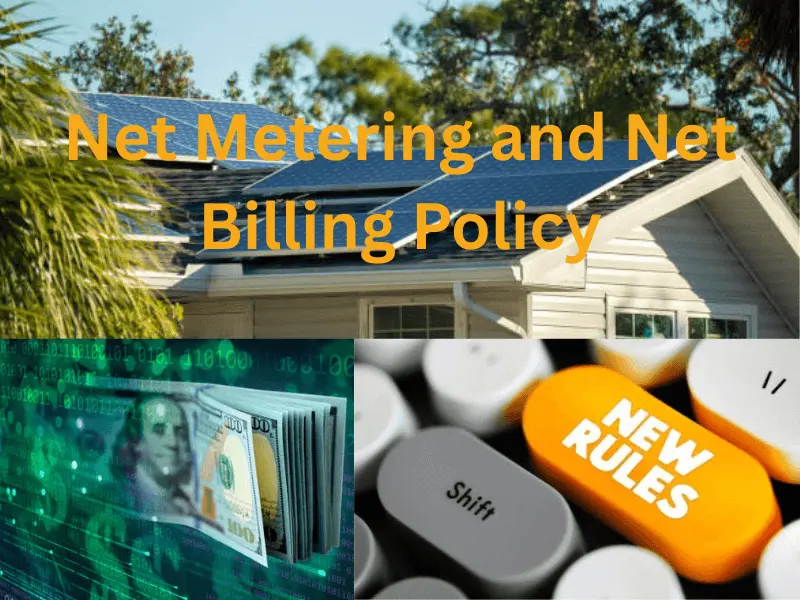
New Policy Benefits
Every category can benefit from this policy, but the previous policy will continue for users until the expiration of their contracts. But the new policy will be implemented for new users from day one, as the Government thinks this might be the long-term solution to net metering. But the industry experts suggest this might slow down the process of going green in the country as this policy will be harmful in many aspects, and because of the sanctioned load system, the user might shift to a hybrid system, this will increase the import of lithium batteries which might bring the additional cost of 1 billion$ every year.

Federal Minister
Federal Minister for Energy Awais Ahmad Khan Leghari said that the government will offer an additional 7000 MW of power without a subsidy to the agricultural and industrial sector at the rate of 7-7.5 per unit. He further said, in the previous six months, they have been discussing this matter with the IMF, and they showed interest in this plan.
He defended the new solar net metering rules and a buyback plan by saying that the national interest remains our top priority, and we are not going to harm any business. and the government is not keen to end the net metering system, but they have made more effective and long-lasting policies to ensure more sustainability in the green energy system. The minister said he played a vital role in 2017-18 in establishing a net metering system when it was in its early stages. But today, the scope of net metering is increased, and it has a huge impact on the national grid, so we are making policies to balance it on a timely basis.
The Payback Period and Subsidies
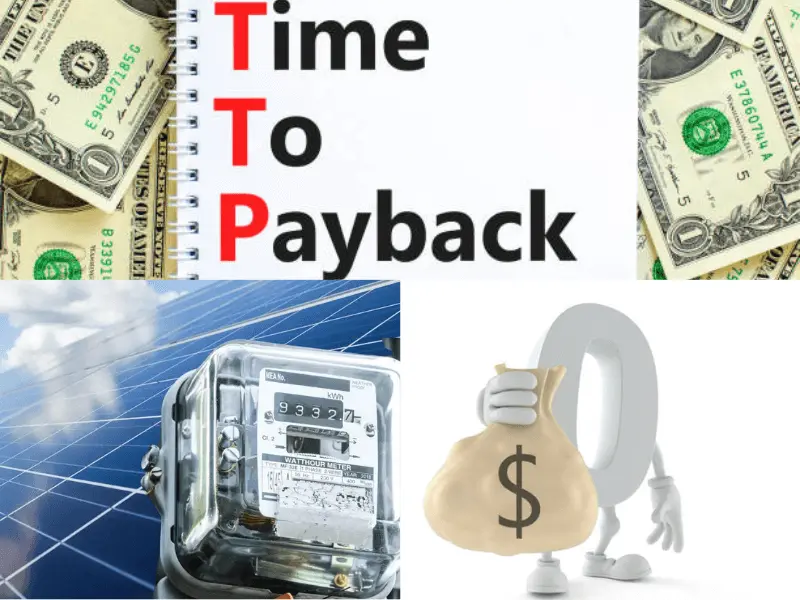
The payback period is about 2-3 years. If someone consumes 40% of the energy themselves. He recovered his investment in approximately 3 years, which is a great period for recovering the investment in any business sector. These amendments will make this system more sustainable than ever. He further said the government is terminating various projects that are putting a 9,000 megawatt burden on the system.
He also pointed out the increasing demand for electricity by imposing the levy, which resulted in bringing the consumers back to the grid. Since June 2024, the government has provided 174 billion in subsidies, which resulted in reducing the tariff for various industries by up to 31 percent, and also the amount of tariffs for consumers of different categories has been reduced by 14 -18 percent.
Conclusion
The new solar net metering rules and a buyback plan made by the government will be worthwhile, or will they bring more burden on solar net metering consumers? Time will tell us the story shortly. But the industry experts suggest it will be very harmful to a country where people are mainly suffering from the energy sectors, whether they are commercial or industrial users, this policy will make things tougher. The government is supporting IPPS in any way, and they are not thinking about consumers. The weaker economy of Pakistan will suffer a major loss of money by importing other solar energy-related equipment due to the reduction in the net metering rate and the introduction of the net billing policy system by replacing the net metering policy.

